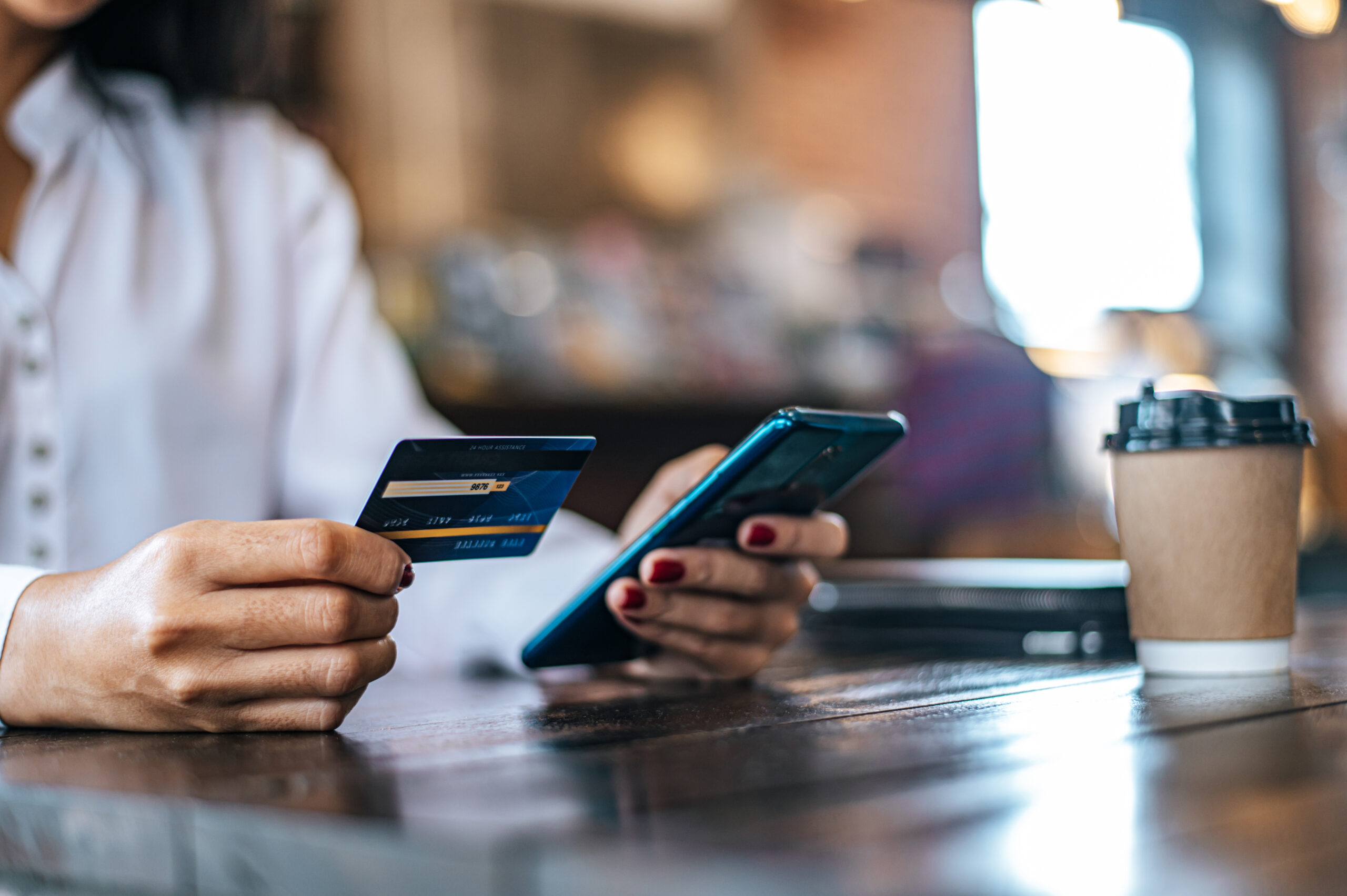The 5 Best (and Worst) Times to Use a Credit Card

Credit cards can feel overwhelming or risky. When we put more on the cards than we can pay off, interest can add up quickly. But sometimes credit cards can be a wise choice. This guide helps you recognize when a credit card can help you, and when it might hurt.
The 5 Best Times to Use a Credit Card
1. When You Can Pay It Off in Full
Credit cards can be great for building credit since they show lenders you’re managing credit responsibly. As long as you pay in full by the due date, you can avoid interest charges. This point is crucial, but also stacks with many others below.
2. To Earn Cash Back or Points on Regular Purchases
If you already planned to spend it (groceries, gas), it can work in your favor. You’re earning a small percentage back, so the purchased items or services are slightly less expensive. As mentioned above, use it just like cash, and pay it off before interest hits. If you do leave a residual balance, the interest charged is almost always more than what you’ll earn in cash back. Likewise, don’t chase points if it means overspending.
3. When Booking Travel or Rental Cars
Credit cards offer more protection (fraud, cancellations, insurance) than debit cards so they should be the first choice for travel. You may also avoid large security deposits or holds on your debit card.
4. To Build or Rebuild Credit
If your credit score is lagging due to no/insufficient credit, even a single small credit card can boost it. A secured card (where you pay a deposit up front) can be a wise first step if you’ve been denied standard cards. Whether secured or not, regular small purchases + on-time payments = a stronger credit score.
5. For Emergency Expenses — If You Have No Other Option
In dire circumstances where there are not enough funds to pay basic expenses for the month, using credit is better than skipping rent, medicine, or car repairs. This is especially true if no car means no work and income, or missed rent could mean an eviction. Credit is a safety net when used with a plan. Make a plan for getting the budget balanced as soon as possible, and aim to put more than the minimum payment toward the card to minimize interest costs.
The 5 Worst Times to Use a Credit Card
1. When You’re Already Struggling to Pay It Off
Even good budgets have a month here and there where there’s more going out than coming in. But if you’re consistently carrying a balance on a credit card (or that balance is going up), it’s time for a game plan. High-interest debt means you’re putting much-needed funds toward interest rather than necessities or goals. Plus, it can quickly spiral into debt stress. Remember: you’re not failing — just pause using the card and make a plan. It can even be just a temporary plan until the balance can get back down.
2. For Everyday Expenses When You’re Short on Cash
Swiping for groceries or gas can feel like survival, but it adds up fast. Think through adjustments you might be able to make to trim those costs temporarily, and seek support (nonprofits, benefits, pantry options) if it’s happening often. You don’t have to go it alone! You deserve help, not more debt.
3. For Impulse Shopping or Emotional Spending
Credit can feel like “fun money,” but the bill always shows up. Pause and ask: “Will I feel good about this in a week?” Or even “Is there something else I can do to meet the need?” There often is a need lurking below the surface, whether to cure boredom or stress, so addressing the underlying need can help us find other solutions. Other ways to tackle the impulse could be to wait 24 hours, add to a wish list, or use cash for extras so that you know you’re staying within set limits.
4. When You’re Close to Your Credit Limit
A creeping balance on a credit card can be a signal that the debt is becoming unmanageable. But there are other consequences as well. High balances hurt your credit score. And it leaves little room for real emergencies if you did need to rely on credit. Try to keep your usage under 30% of your total limit if possible (and even lower is better, both for your interest charged and your credit score).
5. To Pay for Big Purchases Without a Repayment Plan
A new TV, phone, or appliance may feel urgent — but without a plan, it leads to long-term debt. When you can, save up slowly or look for buy-now options with zero interest — not just delayed payments. If you must purchase sooner rather than save up, make sure to update your budget plan to accommodate the new payment. It will mean needing to adjust in other categories of spending or saving.
Credit is just one piece of your money picture. You’re not defined by your credit card balance. And credit is neither good nor bad on its own; it’s simply a tool to help you with your financial goals. The goal isn’t perfection — it’s feeling more confident and in control, rather than the debt controlling your budget. Even small changes make a big difference.